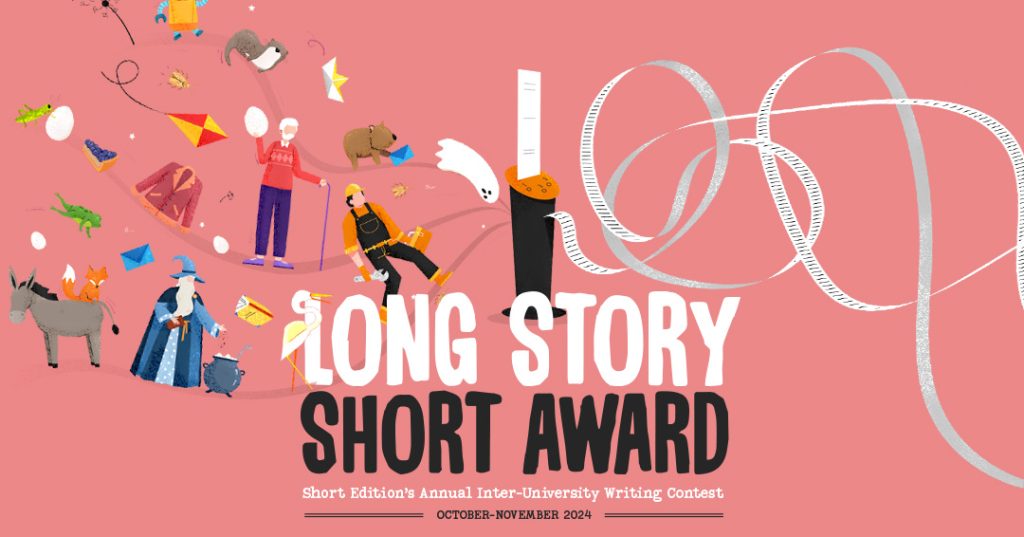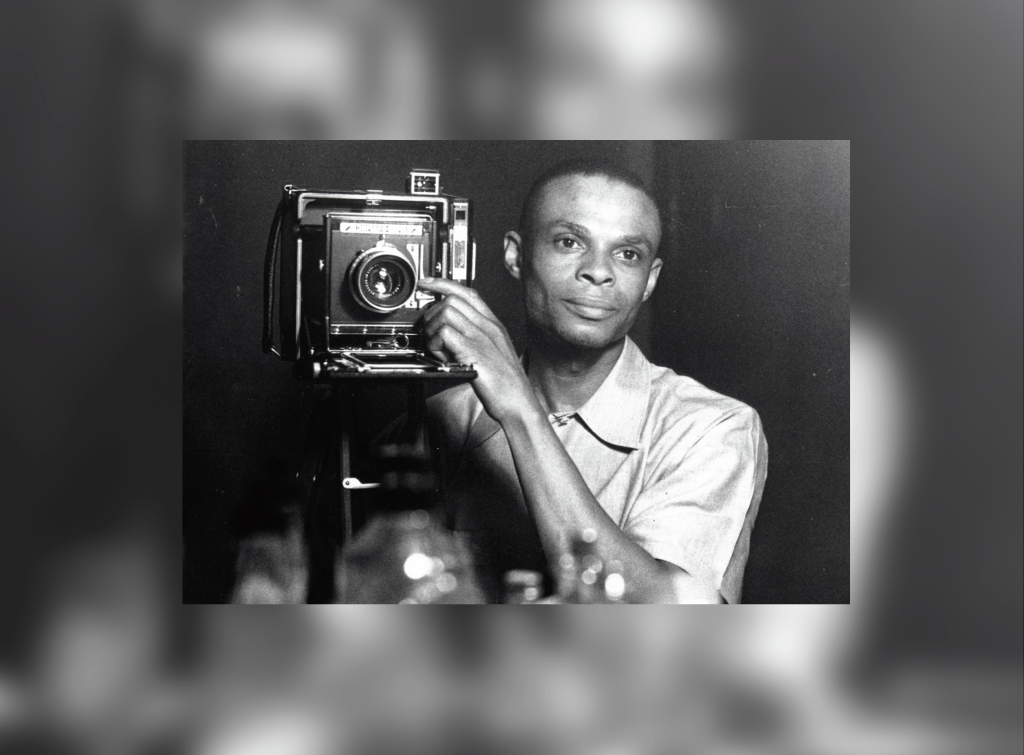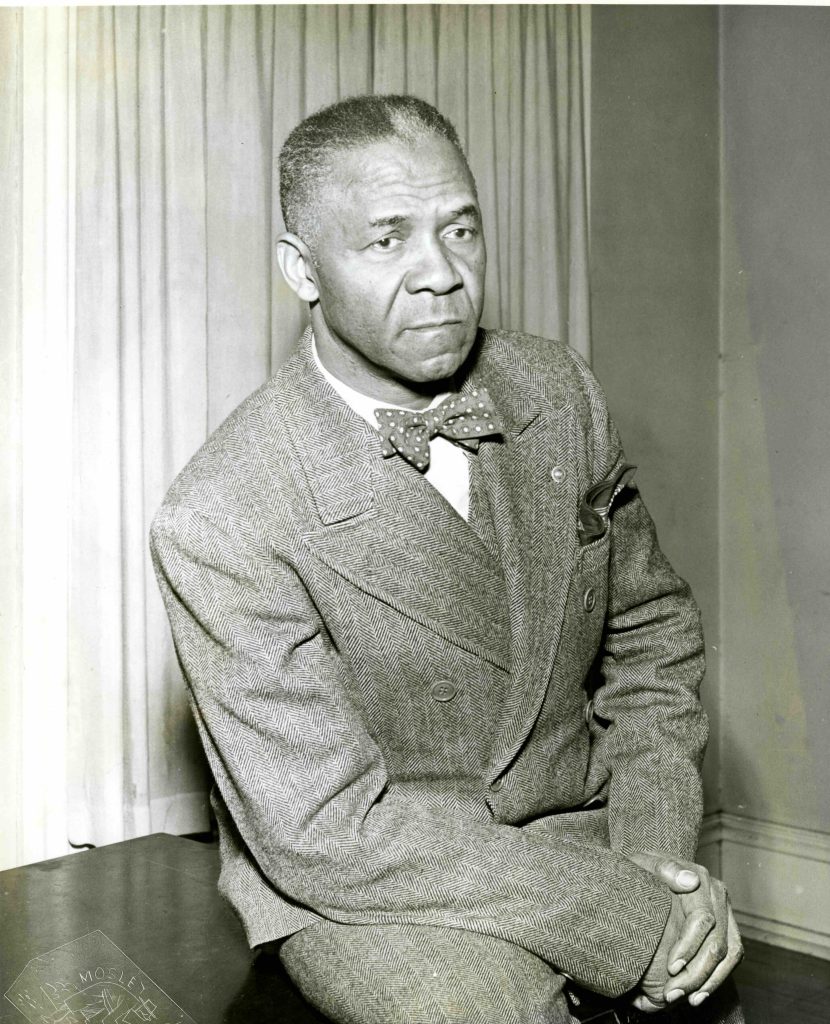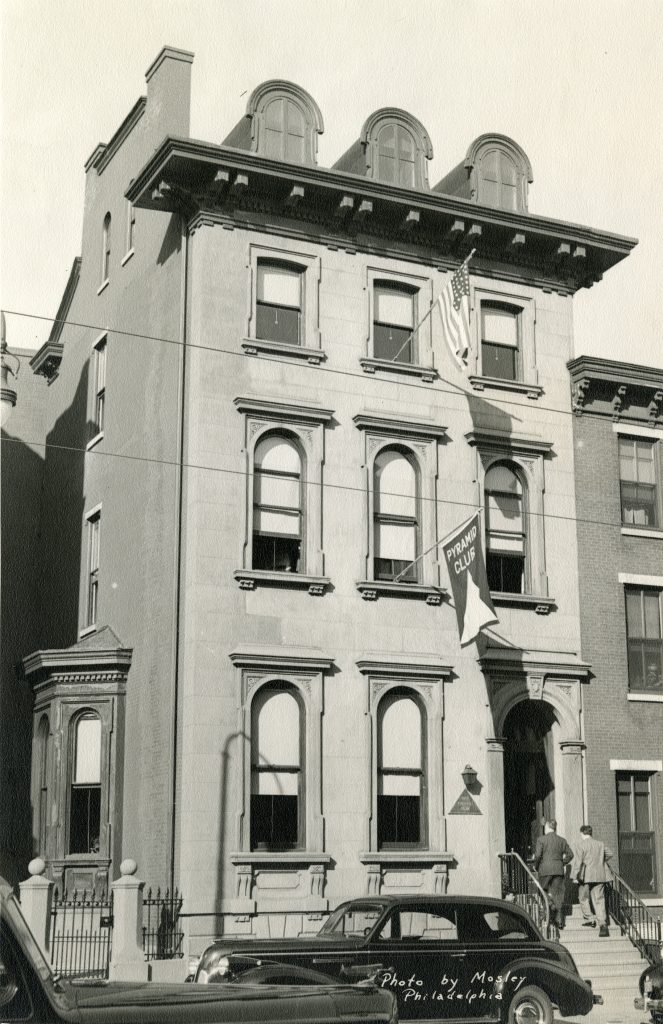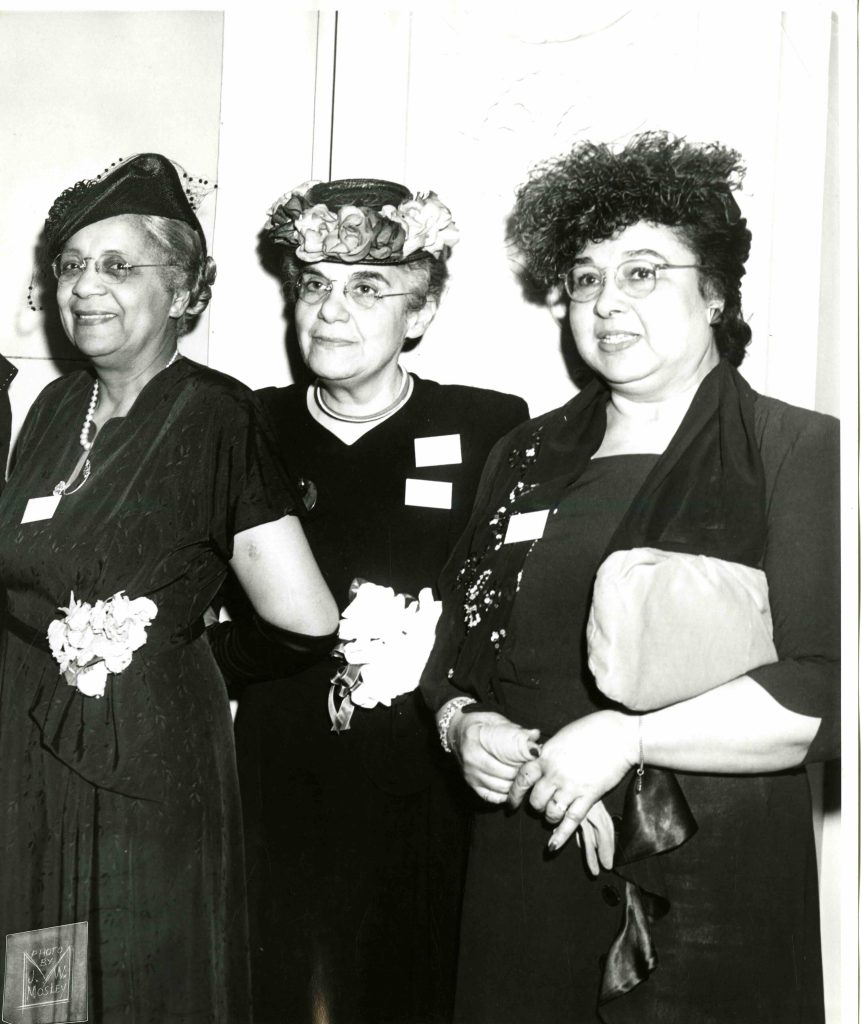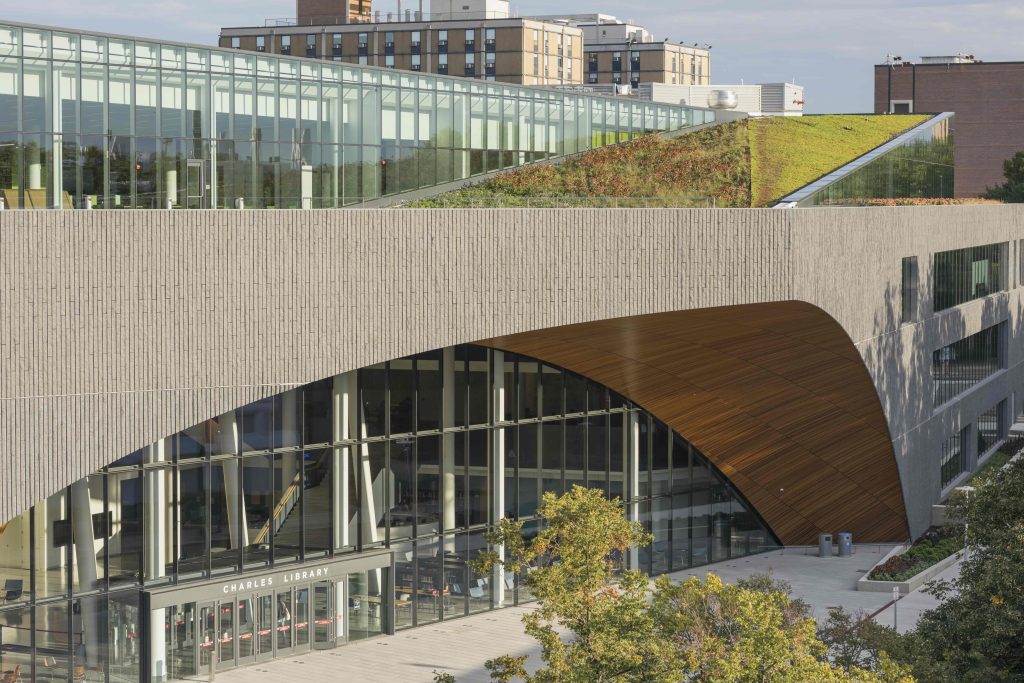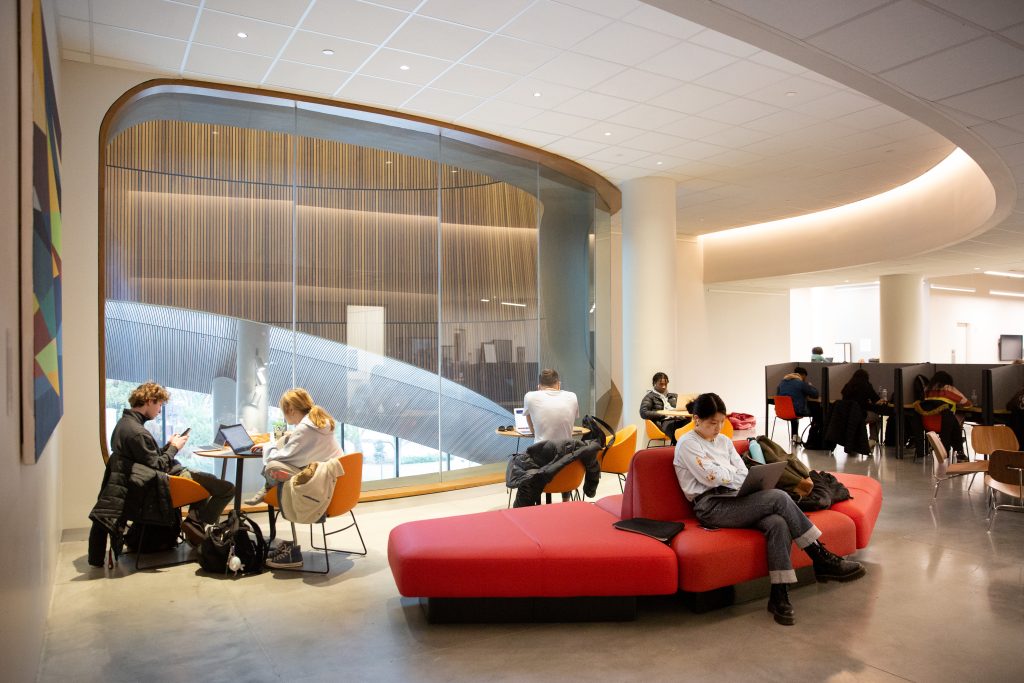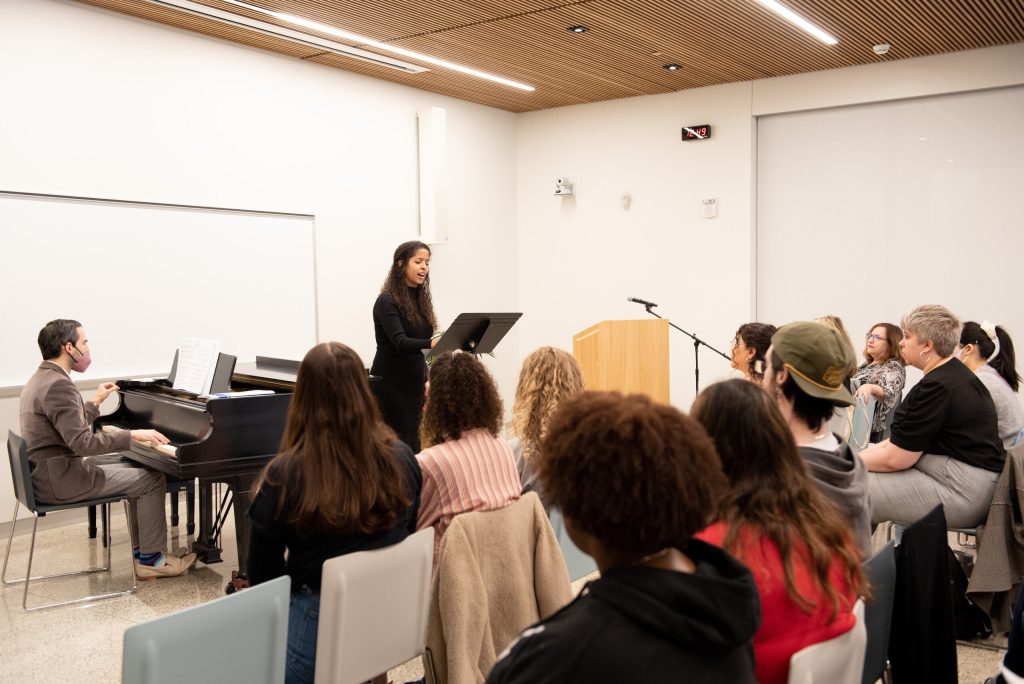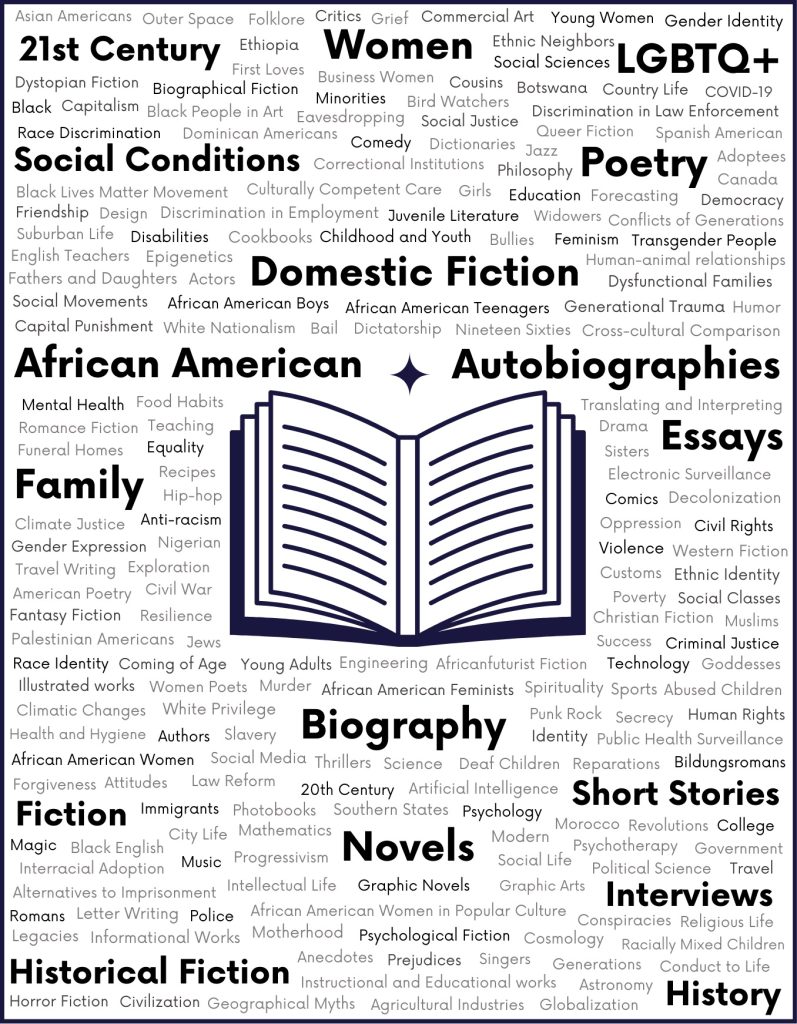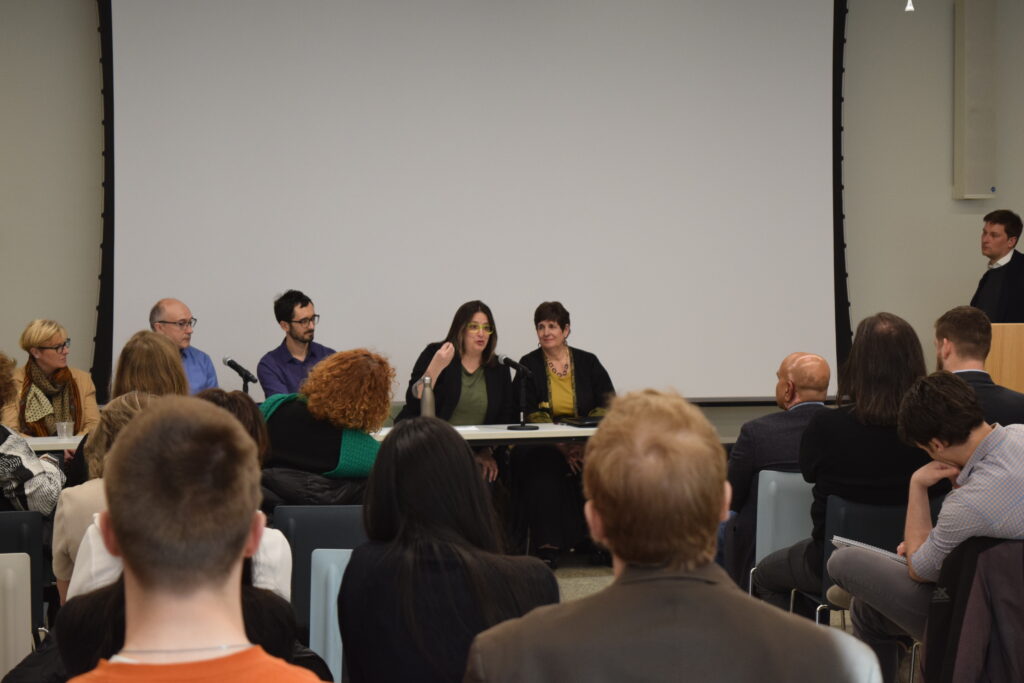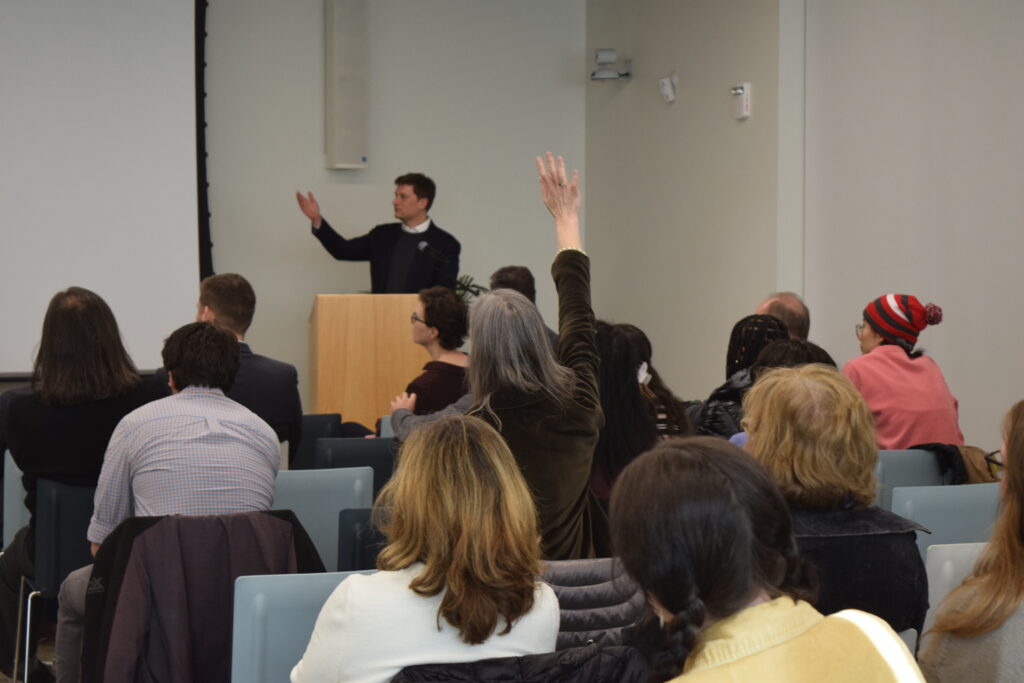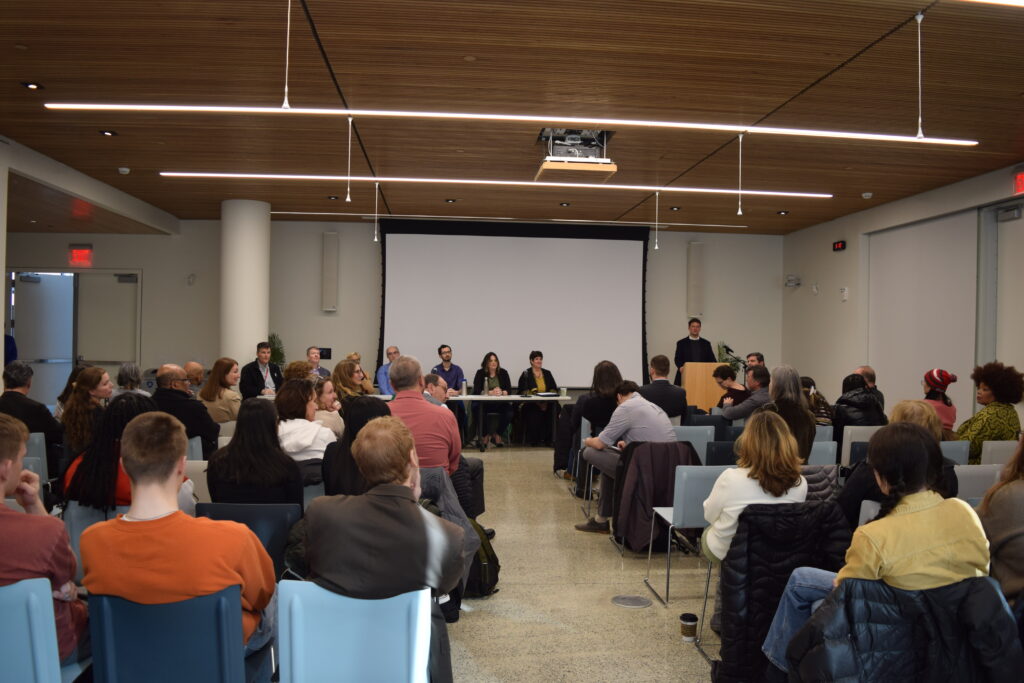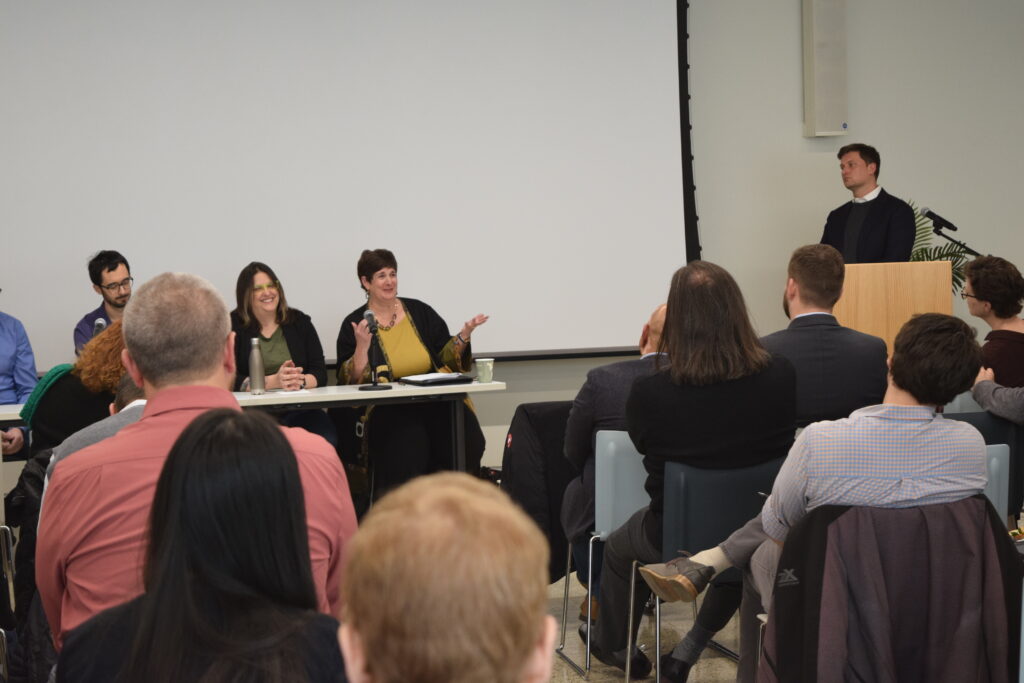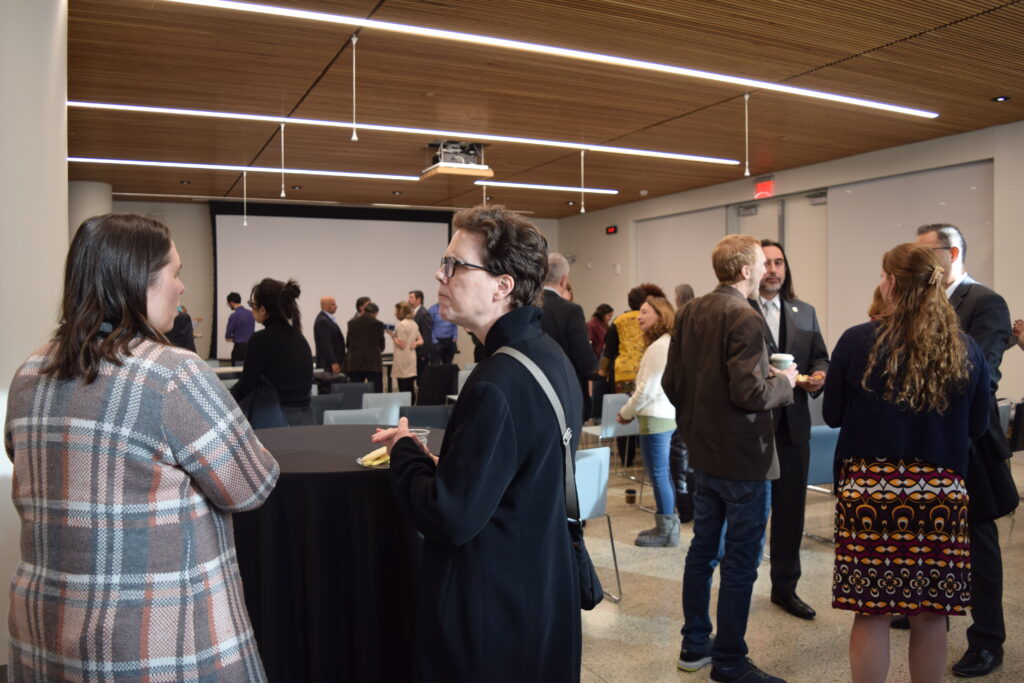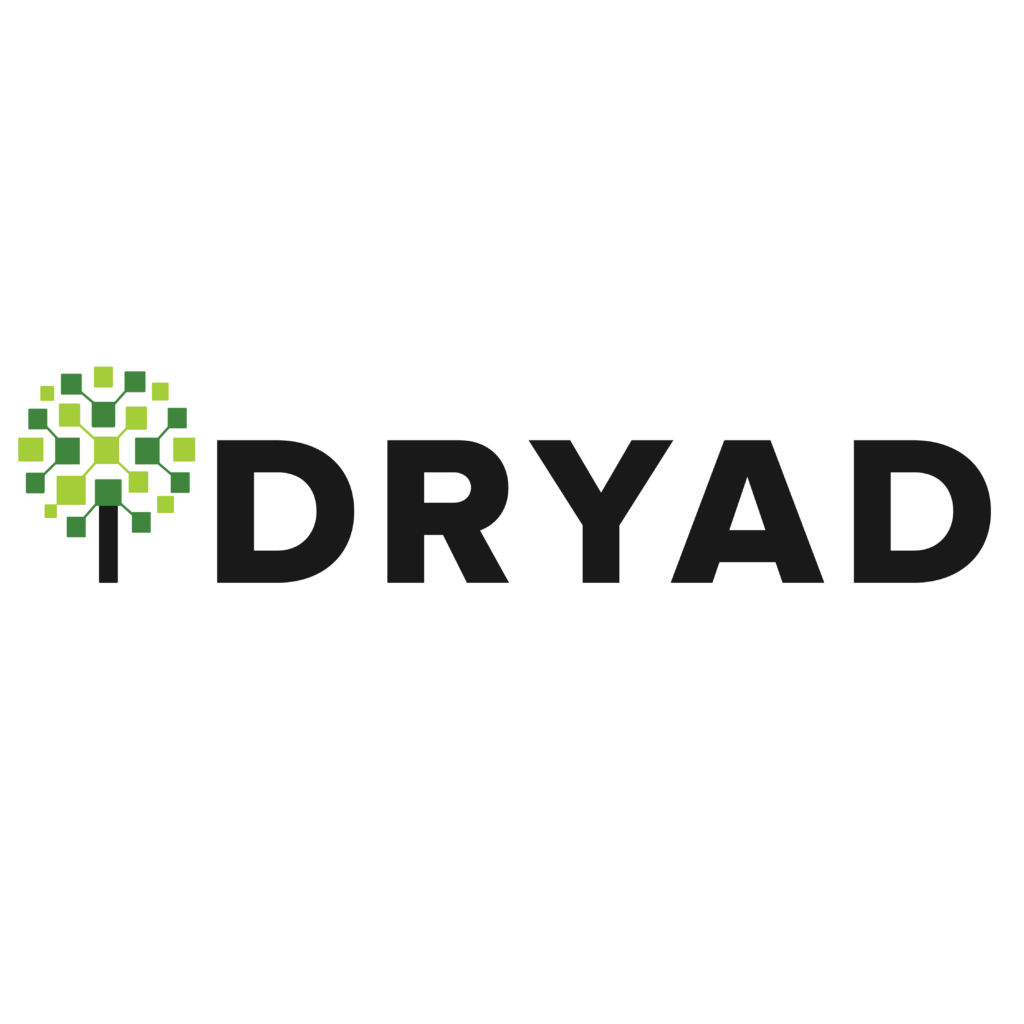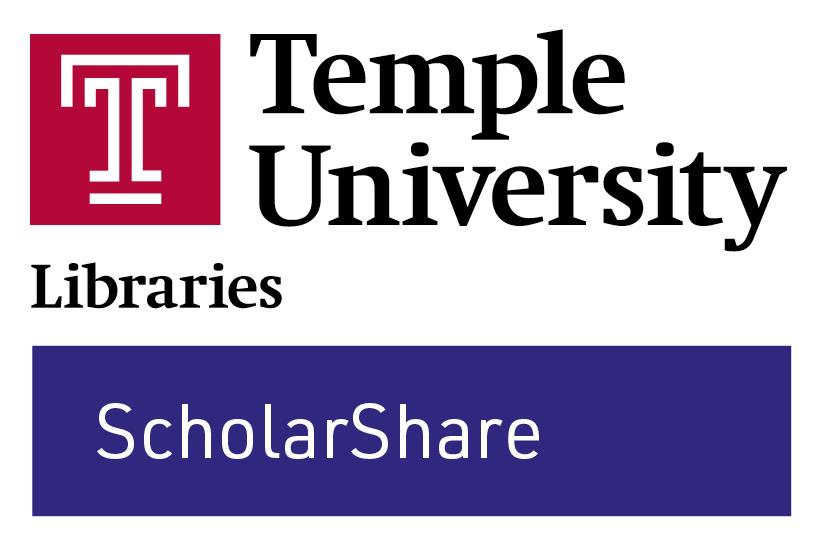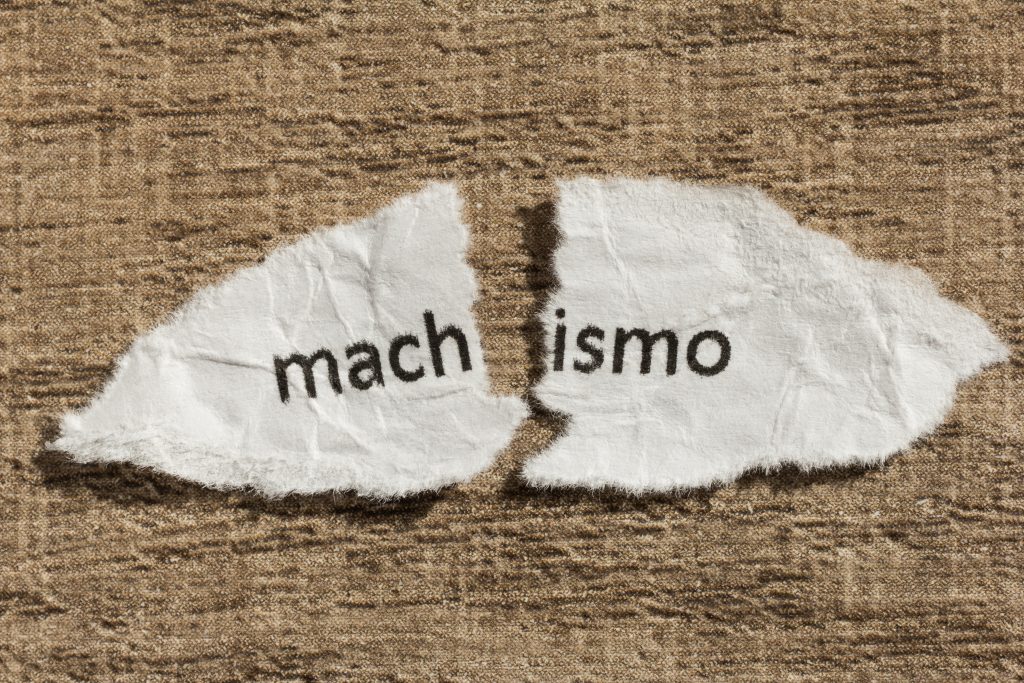
Guest Post by Caleigh Clarke, Interpersonal Violence Prevention Coordinator, at the Wellness Resource Center, and Ella Lathan, Assistant Director for Editorial, at Temple University Libraries
Machismo is defined as “a strong or exaggerated sense of manliness.”. It is derived from the Spanish word “macho” and can convey positive characteristics of masculinity such as bravery and honor. However, it can also enforce negative behaviors like aggression, dominance, and rejecting vulnerability.
Men being raised with machismo culture are sometimes taught to constantly assert dominance in ways such as verbal abuse, physical abuse, blackmailing, and more when their power is “threatened.” There are a multitude of situations that women can challenge male dominance, i.e. women having better jobs and incomes, or being more educated. What does that mean for the women who embark in an intimate relationship with them?
Machismo can create a culture in which violence toward women and LGBTQIA+ people is deemed excusable. In recent years, machismo has been heavily linked to femicide (the murder of women because they are women), homophobia, and domestic violence issues that are spreading across Latin America and traditional LatinX communities.

Addressing the issue of machismo culture is essential not only for Latin men but also for women within these communities. Women are often raised to internalize this culture, which can perpetuate misogyny and hinder progress toward gender equality. Many women come to believe that seeking empowerment or holding men accountable for harmful actions is rebellious or attention-seeking, which reinforces traditional gender roles.
This internalization has serious consequences, particularly in cases of interpersonal violence. Many incidents go unreported because women fear losing their primary provider or bringing social shame to their families. The pressure to conform to societal expectations can silence victims and perpetuate cycles of abuse. To foster a healthier environment, it is crucial to challenge these beliefs and promote open dialogue about the negative impacts of machismo culture, empowering women and encouraging accountability among men.
Research in this Subject Area
Research indicates that Latino men often experience exposure to familial violence during their formative years, which can significantly influence their conflict resolution strategies in adolescence and beyond. This early exposure to violence as a normative behavior has been correlated with an increased likelihood of perpetrating intimate partner violence in early adulthood.
- About 1 in 3 Latinas (34.4 %) will experience IPV during her lifetime and 1 in 12 Latinas (8.6%) has experienced IPV in the previous 12 months (Esperanza United)
- Latinas are less likely to seek mental health services compared to their White counterparts (Esperanza United)
- Nearly half of Latinas in one study in New Jersey did not report abuse to authorities. Reasons for underreporting may include fear and lack of confidence in the police, shame, guilt, loyalty and/or fear of partners, fear of deportation, and previous experience with childhood victimization. (Zarza & Adler, 2008)
The Relationship with Religion
Religious beliefs may stop some Latinas seeking external help as they believe that preserving the “sanctity of marriage” overtakes their taking steps that could result in divorce or separation. Religious leaders can also contribute to this lack of disclosure as their negative and/or misinformed responses to IPV often cause Latina survivors to maintain their marriage regardless of the violence they are experiencing.
Educate Yourself and Others
Engage in moments of reflection and empathy to combat the conditioning to exert power and control over others:
- How do I want someone to feel after interacting with me?
- What am I doing to ensure someone else’s safety?
- What does it mean to be a (wo)/man? Does that idea align with my intended feelings when I interact with someone?
- How do I express / navigate difficult feelings like anger, sadness, or disappointment?
Temple is committed to cultivating safe and compassionate spaces for all students. If you, or someone you know, have experienced any form of intimate partner, domestic, or dating violence or abuse, help and support are available.
Access Support
Student Health Services | temple.edu/studenthealth | (215) 204-7500
Tuttleman Counseling Services | counseling.temple.edu | (215) 204-7276
- Has specially trained therapists and support groups for students who have experienced different forms of interpersonal violence
Wellness Resource Center | wellness.temple.edu | (215) 204-8436
- Can provide brief wellness consultations with pro staff for students who seek guidance related to IPV, mental health, alcohol and other drugs, and sexual health
Title IX | diversity.temple.edu/titleix | (215) 204-3283
Looking to Engage in Advocacy? Check out these Student Organizations/Opportunities:
Students Activists Against Sexual Assault
Diversity Peer Educators
WRC Peer Educators
With love from our campus partners:
WOAR | Philadelphia Center Against Sexual Violence
Women Against Abuse
Lutheran Settlement House
Upcoming Events:
Join the WRC in our annual Clothesline Project! On October 24th from 12 – 3 PM, we will have a visual display of support at Ritter Quad for folks who have experienced harm. Come learn of more resources in our community and make a T-shirt for a survivor.
Temple books to continue the discussion:
The bear and his sons : masculinity in Spanish and Mexican folktales
Beyond machismo : intersectional Latino masculinities
The origins of macho : men and masculinity in colonial Mexico
The image of man : the creation of modern masculinity
Against machismo : young adult voices in Mexico City
Hombres y machos : masculinity and Latino culture
The meanings of macho : being a man in Mexico City
Muy macho : Latino men confront their manhood
Need to speak with someone immediately? Call the Philadelphia Domestic Violence Hotline at 1-866-723-3014.
Philadelphia Domestic Violence Hotline connects folks with multiple organizations in the area for crisis intervention, safety planning, resources, and referrals. All conversations are free, confidential and anonymous.



